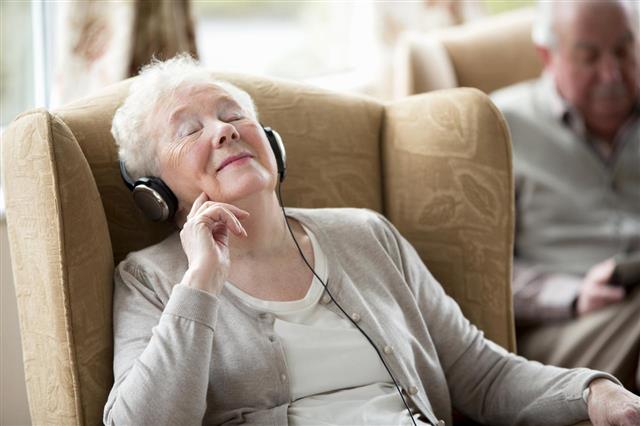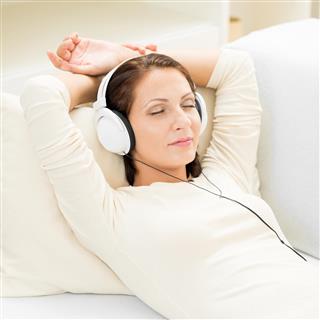
Many women go through an uncomfortable, and sometimes, painful experience when get tender breasts after periods. This article will enlist some of its major causes.
Women, young or old, have at some point in their lives, experienced some kind of breast problems ever since they hit puberty. One of the most commonly experienced conditions in women is having tender breasts after periods. Why do the breasts become so soft?
Why do they feel like they have suddenly become enlarged? Why do they not fit into the brassiere that they wear on other days? The answers to all these questions lie in the sections below. They will tell you what are the telltale signs of the tenderness, what the possible causes for them are, and also how you can treat this condition.
Causes
Here, we will tell you about what are the probable causes that could have led to this condition. Remember, these are generic causes. The cause of the tenderness may not be the same for all women. Depending on the woman’s constitution, her menstrual cycle and also her lifestyle, the causes may vary.
After Ovulation
Every woman goes through a menstrual cycle every month. In this cycle, the ovulation time is between the 10th to 15th day, and it varies from woman to woman depending on the monthly cycle. During this time, the ovum in the woman’s body is totally ready to be fertilized. This results in the body preparing itself for a possible pregnancy.
During this time, the body begins to store up excess water in it, facilitated by the hormone progesterone. This water gets collected in many parts of the body, including the bust. In order to accommodate this excess water, the tissues of this area stretch themselves. This is also the reason why women feel bloated, and the size of their bust increases a little. This stretching of the tissue is what causes the pain and tenderness that you may be experiencing.
Pregnancy
The other reason could be that you are pregnant. During the menstrual cycle, the level of estrogen and progesterone (two hormones in a woman’s body) goes up. After your menses, if you indulge in sexual intercourse, and if the ovum that is released during ovulation gets fertilized, then the level of estrogen and progesterone continue to increase in order to help the body nourish the pregnancy. That is why, your bust may become soft, and you may also experience pain at some point.
If you think you are pregnant, then get yourself tested to be sure. If you are not pregnant, your bust feels tender and your nipples begin to feel sore, and you have missed your period, then it is advisable to consult a doctor for expert advice.
Symptoms
In this section, we have enlisted the most commonly experienced symptoms that you may also have, apart from this condition.
- Softness in the bust area after the ovulation cycle is complete.
- Pain in one or both the boobs.
- Painful lumps in one or both breasts.
- A slight increase in the size.
- The breasts become oversensitive to touch.
- The nipples become sore and hurt when touched.
- Tingling or burning sensation, specially in the nipples area.
Possible Treatment
Now that you know the probable causes, and also what are the other allied symptoms, let us take a look at some of the simple things that you can do to relieve the soreness or at least reduce the discomfort a little.
Relax your Body
It is very normal to feel low on energy and devoid of any strength when you are in such pain and discomfort. However, just sitting will only alleviate the pain. So, if you want to get rid of the pain, or at least reduce it considerably, then get off the couch and go for a long walk. Keep it slow and long. Don’t tire yourself out as that will only worsen the pain. Meditation helps too.
Wear the Right Brassiere
Many women, even in their late 30s, tend to wear brassieres that do not fit right. They’re either too tight or too loose. What they need to realize is that, the boobs are inherently tender organs that require adequate and appropriate support. This support can be rendered only with a bra that fits perfectly. So, get yourself measured and then pick out a bra that fits properly. At night, wear a loose bra and go to sleep. Your breasts will get the support they need and will feel much better.
Eat Right
In addition to the above-mentioned steps, it is also necessary that your diet is well maintained. Some foods, especially the ones with a high fat level, tend to over-sensitize the hormones. So, it would be best to avoid them as much as you can. Also, avoid a regular intake of caffeine. Reduce the intake of caffeine drinks like coffee, chocolate drinks, or colas, and you’ll be able to deal with the condition better. Have a heavy intake of carbohydrates and proteins to help your body cope with the condition.
Being a woman involves a lot of physical and psychological hardships. Tenderness in breasts is a very normal phenomenon and nothing to be overly worried about. Just take the necessary steps to avoid further alleviation of the state and you will see the difference it makes. If your symptoms persist for long, then do consult a doctor for professional help.
Disclaimer: This HerHaleness article is for informative purposes only, and should not be used as a replacement for expert medical advice.







